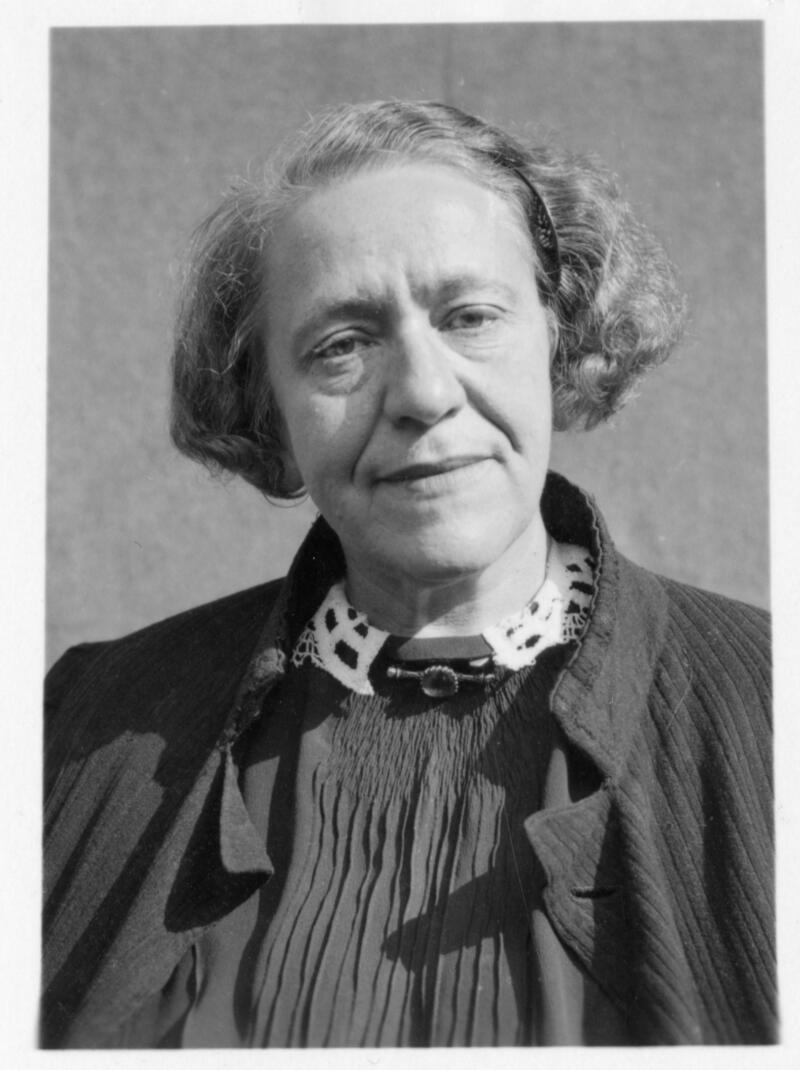Françoise Frenkel, victim or resistance fighter?
In August 1945, Frymeta Frenkel, a 56-year-old Polish Jewish woman, returned to Nice and went to the prefecture to apply for a residence permit. As an adult, she had always lived between France and Germany, first in Paris from 1914 to 1922, then in Berlin. There she founded and ran a French bookshop until the eve of the war, against all odds since the nazis arrive to power in 1933. On her return to France, she moved to Paris and then to Nice in October 1940. On 26 August 1942, she “miraculously” escaped the roundup of Jews orchestrated in the southern zone by the Vichy regime, going underground and relying on the solidarity of individuals and networks. Taking refuge in Switzerland in June 1943, she published Rien où poser sa tête (Nothing to lay your head on) in Geneva in 1945 – a gripping autobiographical account of the persecution of Jews in Pétain’s France and the solidarity shown by French people.
At the prefecture, to prove her resources, she presented the contract with her Swiss publisher. The inspector noted “manuscript relating to the French Resistance”. In January 1946, in support of her application for naturalisation, she wrote: “When I returned to France, I suffered the fate of the French members of the Resistance”. She recalls the months of being hunted down “by the Gestapo” in Annecy, “a significant town for the Resistance”, then her return to Nice and “the joy of liberation”. The liberation came on 28th August 1944… Frenkel used her book as a strategic tool for integration. She had already realised that convalescent French society was deaf to the testimonies of victims like her own, and preferred the heroic discourse of “all of us Resistance fighters”. She no longer blamed Vichy, but the German occupier, and identified with the Resistance. Wasn’t wanting to live and escape deportation and the Shoah already an act of physical and moral resistance? She did not write a book on the ‘French Resistance’, in the political and military sense, but one of the first accounts of persecution and ‘civil resistance’ (Jacques Sémelin), i.e. the forms of societal solidarity in the face of repression. Frenkel was naturalised in 1950 and has chosen to be known as Françoise – her pen name since 1945.
Corine Defrance


